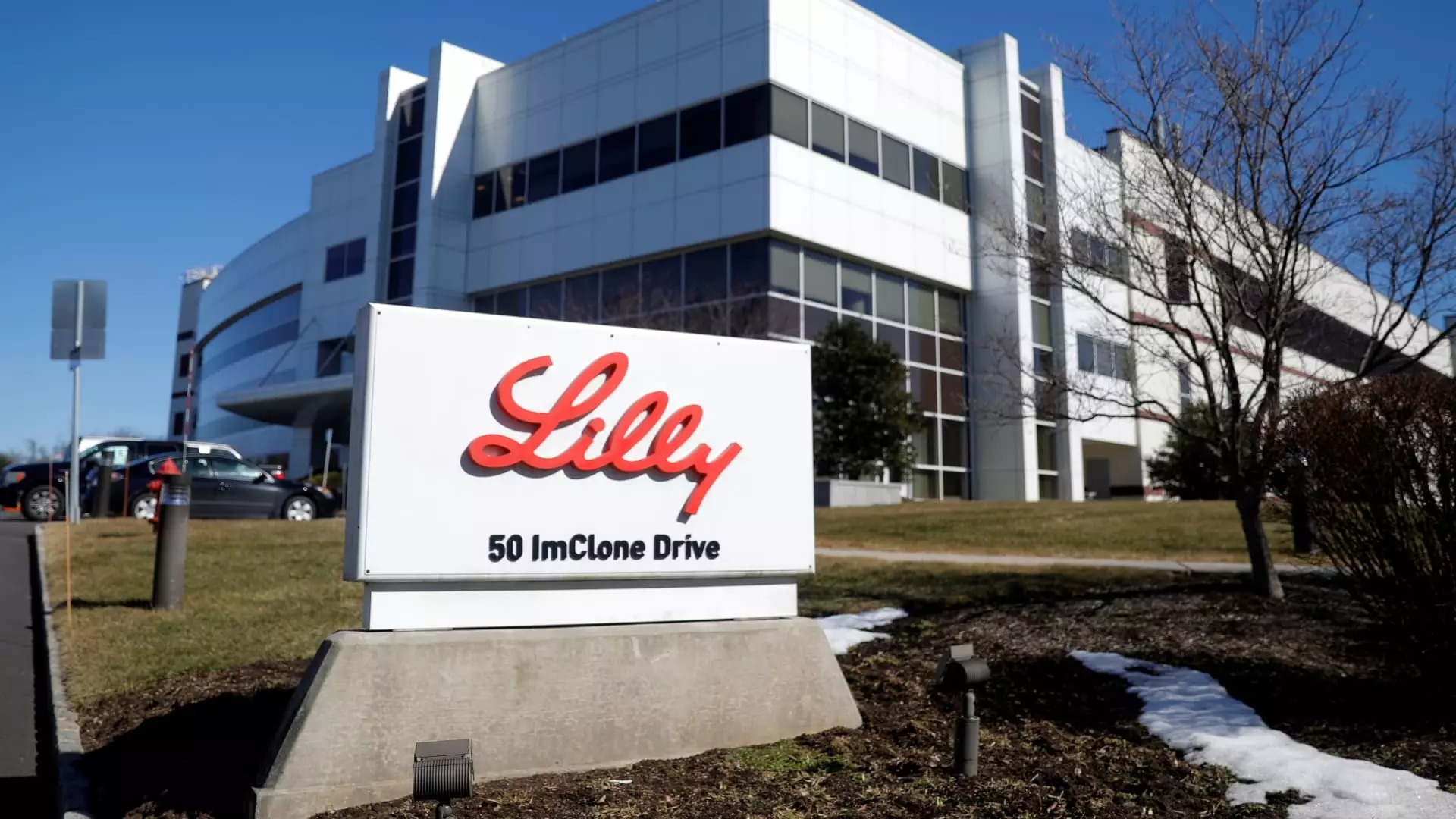Eli Lilly has been experiencing a surge in demand for its weight loss and diabetes treatments over the past year, propelling the company to new heights. However, this success comes with its own set of challenges that need to be addressed to sustain this growth and meet the needs of patients.
Anat Ashkenazi, the outgoing Chief Financial Officer of Eli Lilly, played a significant role in managing the influx of revenue and investor optimism generated by the success of the company’s diabetes injection Mounjaro and obesity drug Zepbound. As she prepares to transition to a new role as the CFO of Alphabet, she highlighted the importance of understanding the business inside out and the industry as a whole to bring value to it. Her departure leaves behind a legacy of navigating challenges and seizing opportunities for Eli Lilly.
Despite the growing demand for Eli Lilly’s GLP-1 agonists, the company has faced challenges in manufacturing enough supply to meet this unprecedented demand. However, the company is investing heavily in scaling up its manufacturing capacity to address this issue. This investment is crucial to ensuring that more patients have access to these life-changing treatments. While the pace of demand may not be fully matched in the coming years, Eli Lilly has made significant progress in expanding its manufacturing sites across the U.S. and Europe.
Another barrier to patient access to weight loss drugs is limited insurance coverage for these treatments in the U.S. Some employers and health plans are hesitant to cover GLP-1s for weight loss due to their high cost, which could strain their budgets. Eli Lilly is actively working to increase coverage for its drugs, such as Zepbound, by commercial insurers. The company’s efforts aim to make these treatments more accessible to a wider range of patients, including those enrolled in federal programs like Medicare.
Looking ahead, Eli Lilly is not only focused on expanding its manufacturing capacity and improving patient access but also on advancing research and development in the field of obesity-related conditions. The company is studying the efficacy of tirzepatide, the active ingredient in Zepbound and Mounjaro, in treating a range of health conditions beyond weight loss. By demonstrating the additional health benefits of these treatments, Eli Lilly aims to broaden their coverage under Medicare Part D plans, addressing a critical need in the healthcare system.
Eli Lilly’s success in meeting the growing demand for weight loss and diabetes treatments is a testament to its commitment to innovation and patient care. While challenges remain, the company’s proactive approach to addressing manufacturing issues, improving insurance coverage, and advancing research holds promise for the future. By navigating these obstacles with strategic planning and investment, Eli Lilly is poised to continue its upward trajectory in the healthcare industry.

